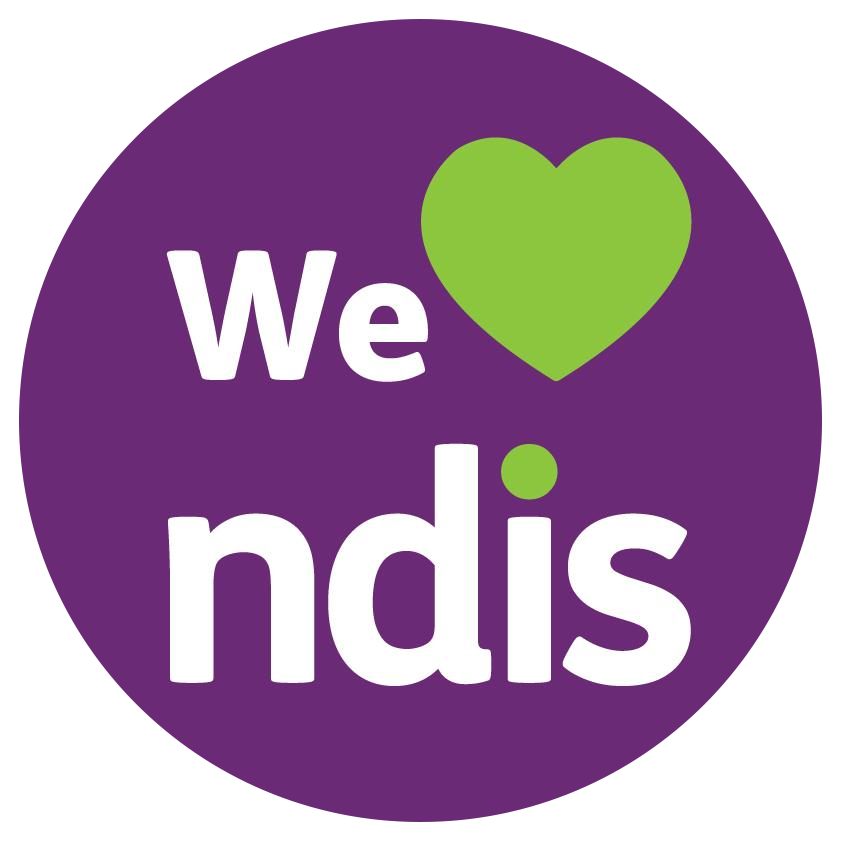Speech Therapy

Speech therapy is provided one-on-one or with a carer or guardian present. Group training for parents, teachers and other carers and support staff can also be organised as required.
We specialise in diagnosing, treating, and preventing communication and swallowing disorders. We work closely with individuals across all age groups, from infants to the elderly, to address a variety of issues related to speech, language, voice, and swallowing. We aim to enhance the quality of life for our participants by improving their ability to communicate effectively and manage swallowing difficulties, thereby promoting greater independence and participation in daily activities.
What Speech Therapy includes:
- Assessment and Diagnosis:Comprehensive assessments to identify specific speech, language, voice, and swallowing disorders using standardized tests, observations, and patient interviews. needed.
- Individualized Treatment Plans:Setting specific, measurable goals based on the patient’s unique needs.
- Speech Sound Disorders:This includes Articulation therapy and customised therapy
- Language Disorders:Strategies to improve understanding of spoken and written language, to enhance the ability to express thoughts, ideas, and emotions through speech and writing and improving social communication skills, such as taking turns in conversation and understanding nonverbal cues.
- Voice Disorders:Teaching how to care for their voice and avoid behaviors that can damage vocal cords while exercising to improve pitch, volume, and quality of voice.
- Fluency Disorders:Techniques to increase speech fluency, manage anxiety, and improve communication confidence.
- Swallowing Disorders (Dysphagia): Strengthening muscles involved in swallowing.
Benefits of Speech Therapy
- Improved Communication Skills:Enhances clarity of speech and language skills, social skills and the ability to engage in conversations.
- Increased Confidence and Self-Esteem:Boosts confidence in social interactions and reduces frustration apart from fostering a sense of accomplishment by achieving communication milestones.
- Better Swallowing and Feeding:Ensures safer eating and better nutritional intake.Enhanced Cognitive Skills:Strengthens memory, attention, and problem-solving abilities.
- Development of Alternative Communication Methods:Provides tools like AAC devices and sign language for non-verbal individuals.
- Reduced Frustration and Behavioral Issues:Offers strategies to express needs and emotions, reducing frustration and related behavioral problems.
- Support for Specific Disorders:Addresses issues such as stuttering, voice disorders, and communication challenges related to autism.
- Early Intervention and Developmental Support:Promotes better long-term outcomes by addressing delays early.


